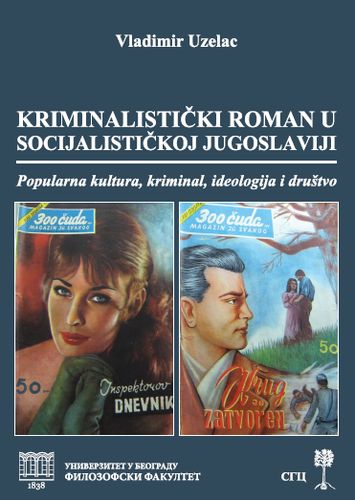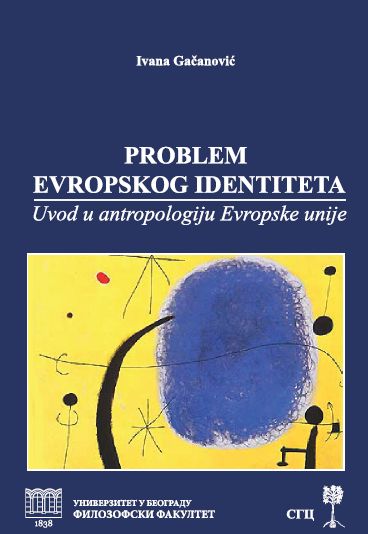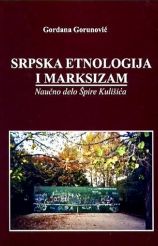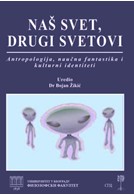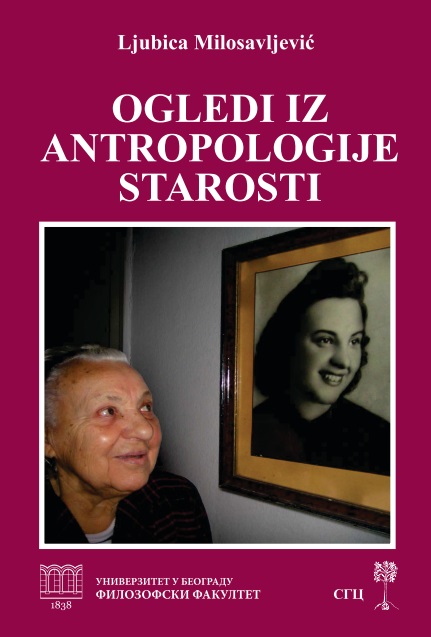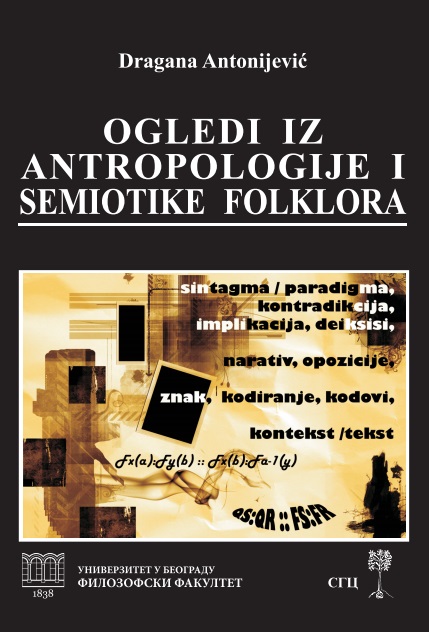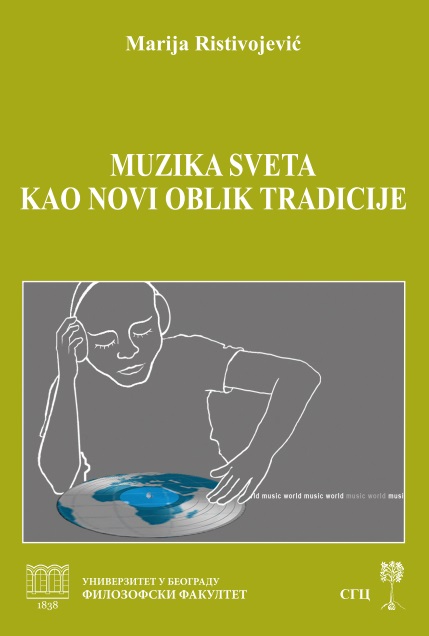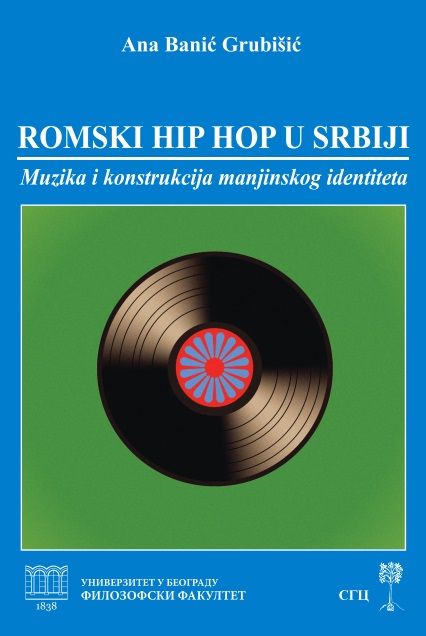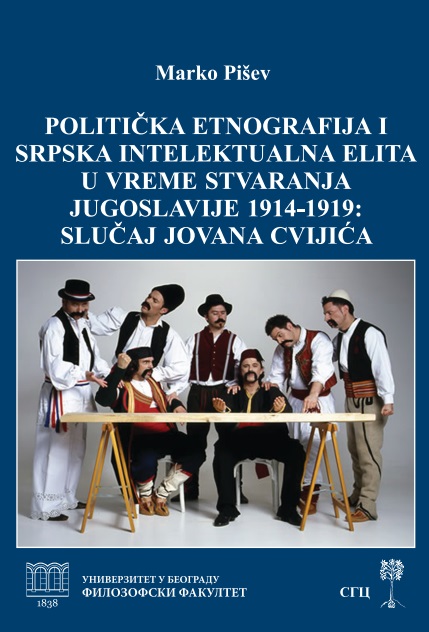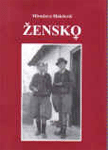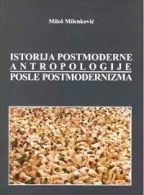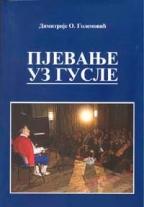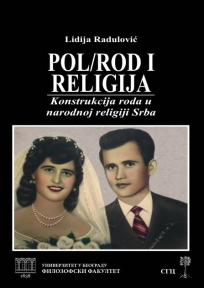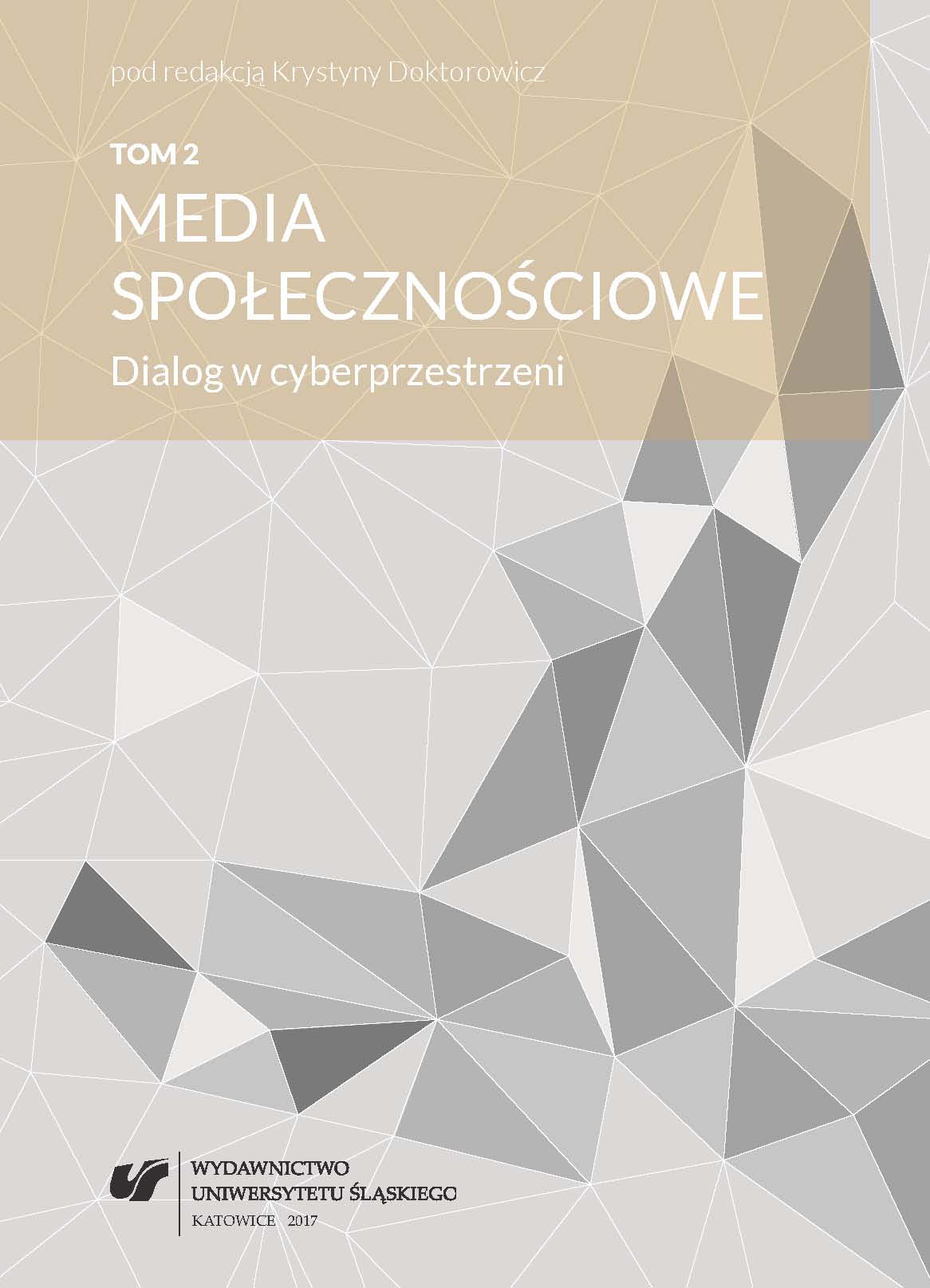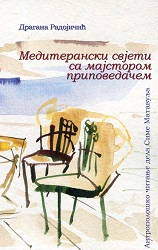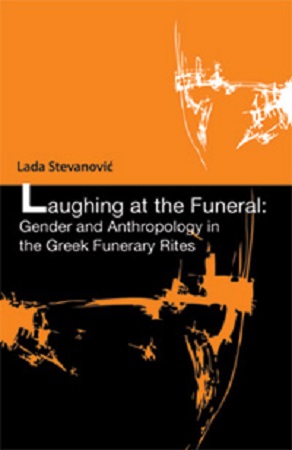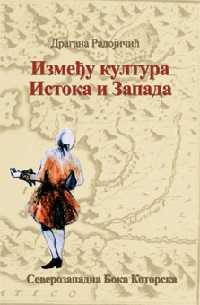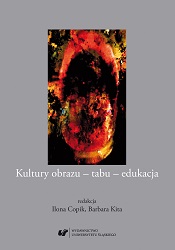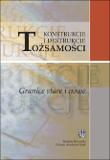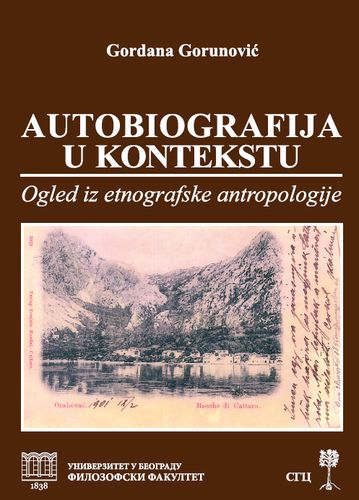
Autobiografija u kontekstu
This is an essay-book whose subject matter focuses on group identity, individuality and subjective consciousness within one particular traditional socio-cultural environment (Orahovac village in the Bay of Kotor, Montenegro), which has undergone radical changes in the course of time, especially in the period following the Second World War, and at the same time managed to adapt and survive. The first two parts of the book provide descriptions and interpretations of the context, both from a wider historical and a narrower ethnographic perspective (for the period preceding and immediately after the Second World War), while the third part is dedicated to the memoirist text written by a member of the studied local community in the late 20th century, who was the key informant in the ethnographic research. It is about the way in which a real person, a "common woman", who had been socialized/enculturated in a patriarchal rural environment, understands her own life “in between historical and personal time ", and seeks to transpose that knowledge into an (auto)narrative and an "autobiography about others", a text which also speaks about other people and other times in this local community. The title itself, "Autobiography of a Woman from Orahovac" is an evocation of the relative reference point which is Didara: Life Story of a Woman from Prizren (Malešević 2004). Herein I outlined an interpretative framework: autobiography vs. life story, and autobiography as self-portrait (William Howarth’s concept) for the reading of the text of the key informant, which is edited and published for the first time as a personal source for history and ethnography.
More...
